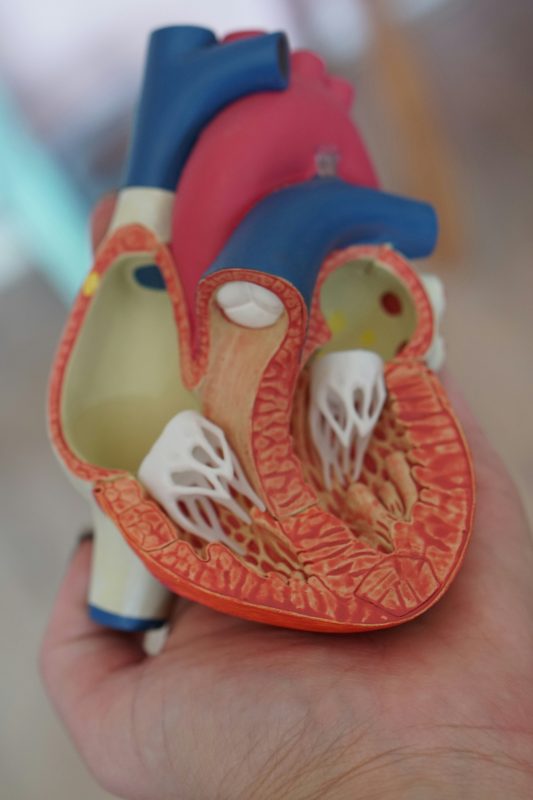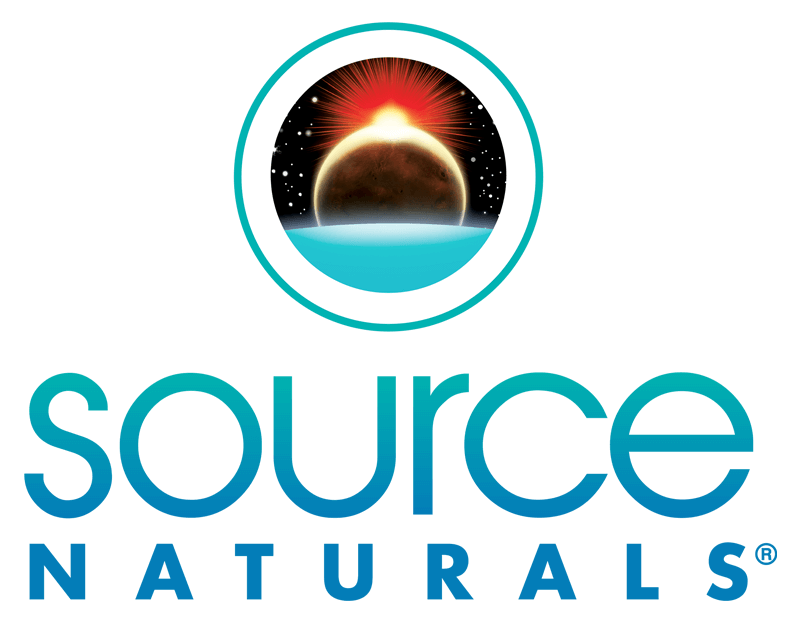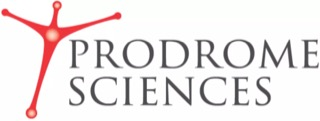Prostate Health & Nutrition
Prostate Health
The prostate is a small gland that is part of the male reproductive system. Prostate health refers to the well-being and proper functioning of the prostate gland. As men age, the prostate can undergo changes that may impact health, leading to conditions such as benign prostatic hyperplasia (BPH) or prostate cancer.
When Does Prostate Health Become a Concern for Men?
Concerns about prostate health often arise as men age, typically around the age of 50 and older. Conditions like BPH, characterized by an enlarged prostate, and prostate cancer become more common with advancing age.
Prostate issues, such as benign prostatic hyperplasia (BPH) and prostate cancer, become more common as men age. Therefore, the primary demographic that is more susceptible to prostate issues is older men. However, there are other factors and demographics that can influence the likelihood of developing prostate problems. Here are some key considerations:
- Age:
- Prostate issues, particularly benign prostatic hyperplasia (BPH) and prostate cancer, are more common in older men. The risk increases significantly after the age of 50.
- Family History:
- Men with a family history of prostate issues, especially a close relative like a father or brother with prostate cancer, may have an increased risk.
- Race/Ethnicity:
- African American men have a higher incidence of prostate cancer and are more likely to develop it at a younger age than men of other races. The reasons for these disparities are not fully understood.
- Genetics:
- Genetic factors may contribute to an individual’s susceptibility to prostate issues. Specific genetic mutations or variations may influence the risk.
- Diet and Lifestyle:
- Dietary and lifestyle factors can impact prostate health. A diet high in saturated fats and low in fruits and vegetables may be associated with a higher risk of prostate cancer.
- Obesity:
- Obesity has been linked to an increased risk of developing aggressive forms of prostate cancer and other prostate issues.
- Geographic Location:
- There are variations in the incidence of prostate cancer based on geographic location, suggesting potential environmental factors.
- Occupation:
- Some studies have explored associations between certain occupational exposures and an increased risk of prostate cancer.
Nutrition/Health Strategies for Prostate Health
- Healthy Diet: A diet rich in fruits, vegetables, and whole grains, and low in saturated fats, can contribute to overall health, including prostate health.
- Regular Exercise: Regular physical activity has been associated with a lower risk of prostate-related issues.
- Maintain a Healthy Weight: Obesity is linked to an increased risk of prostate issues.
- Limit Alcohol Consumption: Excessive alcohol intake may be linked to an increased risk of prostate problems.
Vitamin Supplementation for Prostate Health
- Vitamin D: Adequate vitamin D levels are associated with a lower risk of prostate cancer.
- Selenium: Some studies suggest that selenium may have a role in prostate health.
- Zinc: Zinc is essential for prostate function.
Age Considerations for Supplementation
Individuals should consult with healthcare professionals for personalized advice. Generally, vitamin supplementation for prostate health may become more relevant as men age, but recommendations depend on individual health status.
Concerning Symptoms to Watch For
- Urinary Issues: Changes in urinary frequency, urgency, or difficulty in urination.
- Blood in Urine or Semen: Unexplained blood in urine or semen.
- Pelvic Pain: Pain or discomfort in the pelvic area.
Potential Interactions with Medications
Always inform healthcare providers about all supplements being taken, as interactions can occur. For example, vitamin E supplementation might interact with blood-thinning medications.
Risk of Toxicity with Excessive Intake
Excessive intake of certain vitamins or minerals, like vitamin D or zinc, can lead to toxicity. It’s important to adhere to recommended daily allowances and consult with healthcare professionals before taking high-dose supplements.
Individuals concerned about prostate health should undergo regular check-ups and screenings. Any unusual symptoms or changes should be discussed with a healthcare provider for proper evaluation and guidance.
It’s important to note that while these factors may influence susceptibility, they don’t guarantee that an individual will or will not develop prostate issues. Regular screenings and discussions with healthcare professionals are crucial for early detection and management of prostate health concerns. Men in higher-risk demographics, such as those with a family history or specific risk factors, may benefit from earlier and more vigilant monitoring.
We hope you found the information provided by Thera-Mineral valuable and insightful. At Thera-Mineral, we are dedicated to offering high-quality supplements to support your health and well-being.
If you have any further questions, need additional information, or would like to explore our range of supplements, please don’t hesitate to reach out. You can contact us at our office located at 25216 Grogan’s Park Dr. Suite A, The Woodlands, TX 77380. Our friendly team is ready to assist you by phone at 855-472-2569 or via email at support@theramineral.com.
For your convenience, most supplements are available on our website, theramineral.com. However, if you don’t find a specific product on the site, our dedicated staff can help you place an order, and we’ll ensure it’s delivered to your place of choice.
We appreciate your trust in Thera-Mineral, and we look forward to being a reliable partner on your journey to optimal health. Thank you again for being part of our community!



















